Gluten-free diet: Managing in school
A 504 plan can help children with celiac disease on a gluten-free diet participate more safely in school and school-related activities.
Gluten: Preventing cross-contact
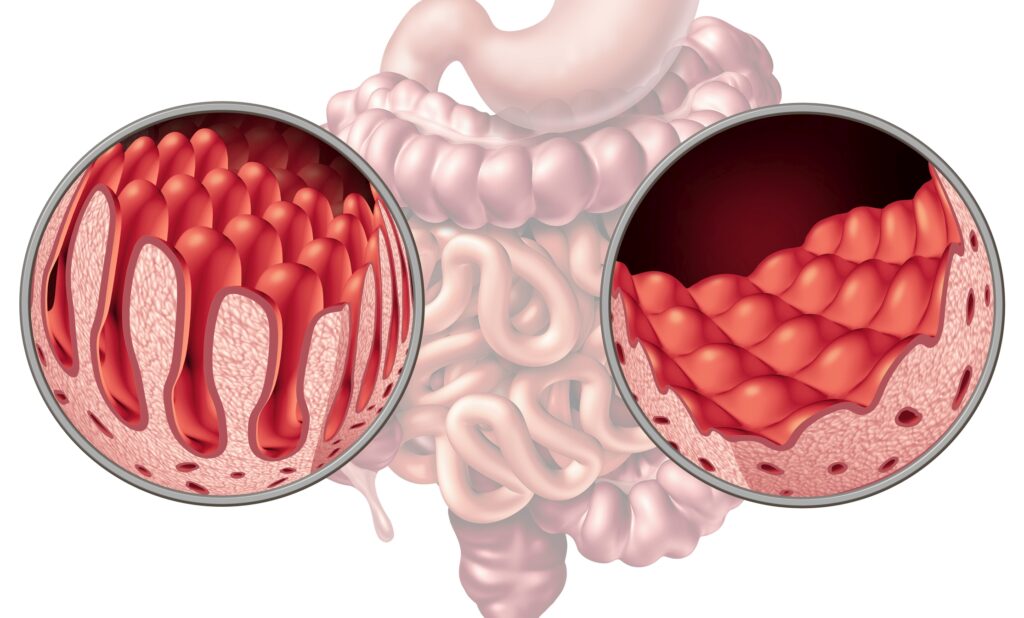
When you have celiac disease, it is important to avoid cross-contact with gluten in food while at home and dining out.
Gluten-free diet: Dining out and traveling
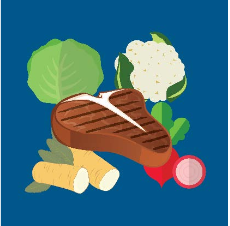
For people with celiac disease, it is essential to avoid gluten in foods and beverages even while dining out and traveling.
Iron in GI conditions
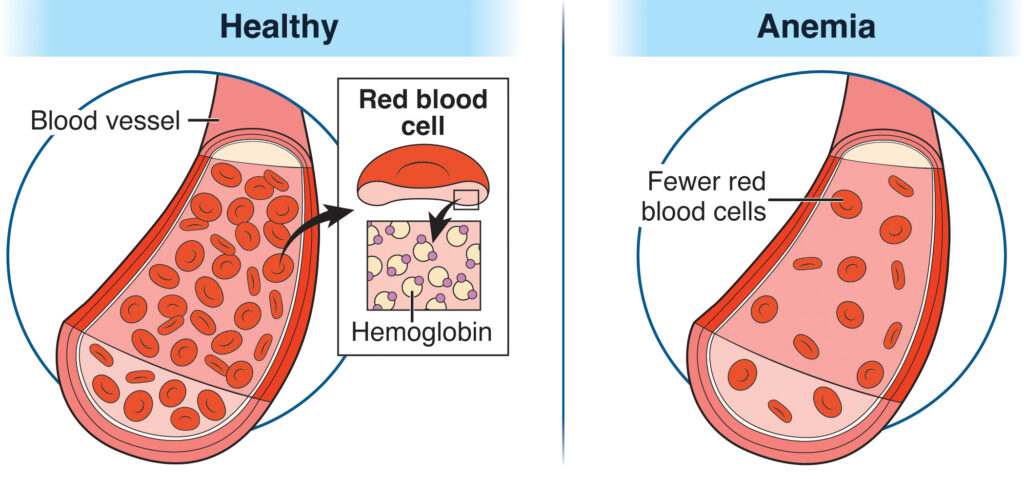
A normal iron level is important to make healthy red blood cells and to help support your quality of life with digestive conditions.
Iron deficiency anemia
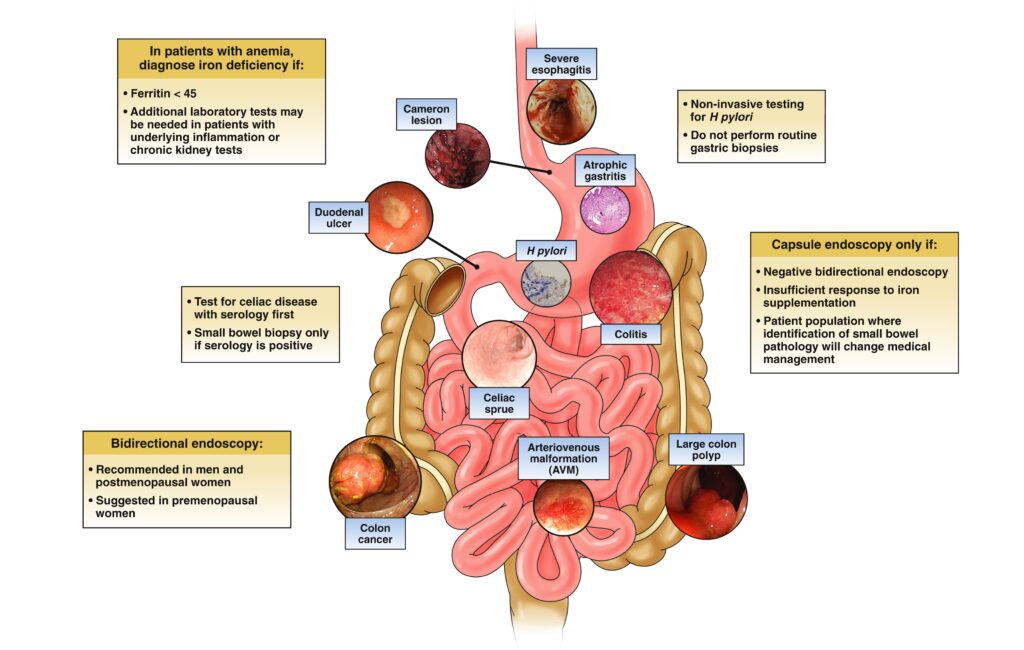
Iron deficiency anemia is the most common type of anemia that happens when you don’t have enough iron to make healthy red blood cells.
Gluten-free diet: nutritional value
A nutritious gluten-free diet can help correct and prevent nutrient deficiencies that may occur in celiac disease and non-celiac gluten sensitivity.
Gluten: reading a label
For people with celiac disease, knowing how to read ingredient labels is essential to avoid gluten in foods, beverages and medicines.
Gluten-free diet
A gluten-free diet involves avoiding wheat, barley, rye, and all foods made with these ingredients.
Diarrhea
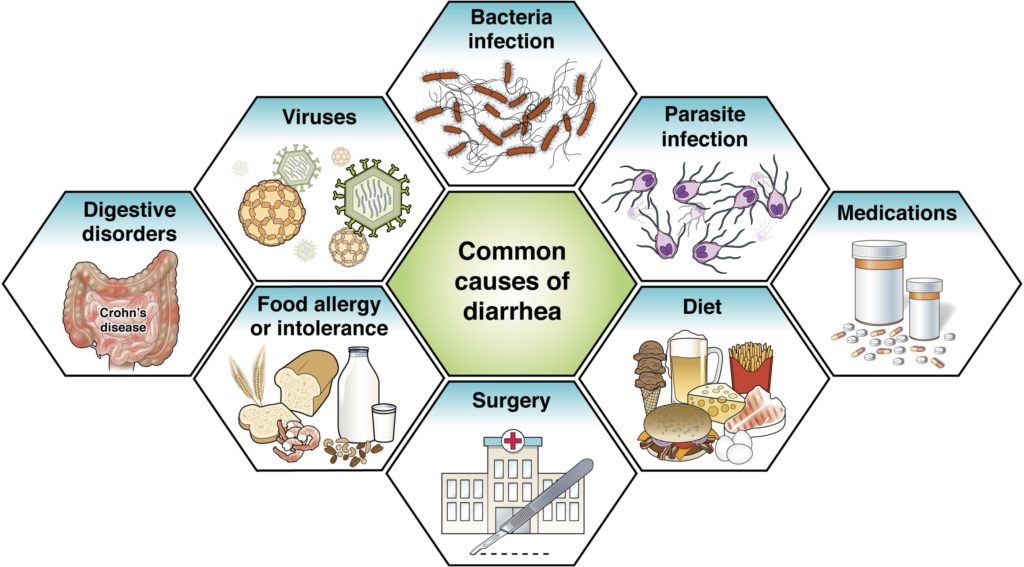
Diarrhea happens when you have watery, loose stools three or more times a day.

